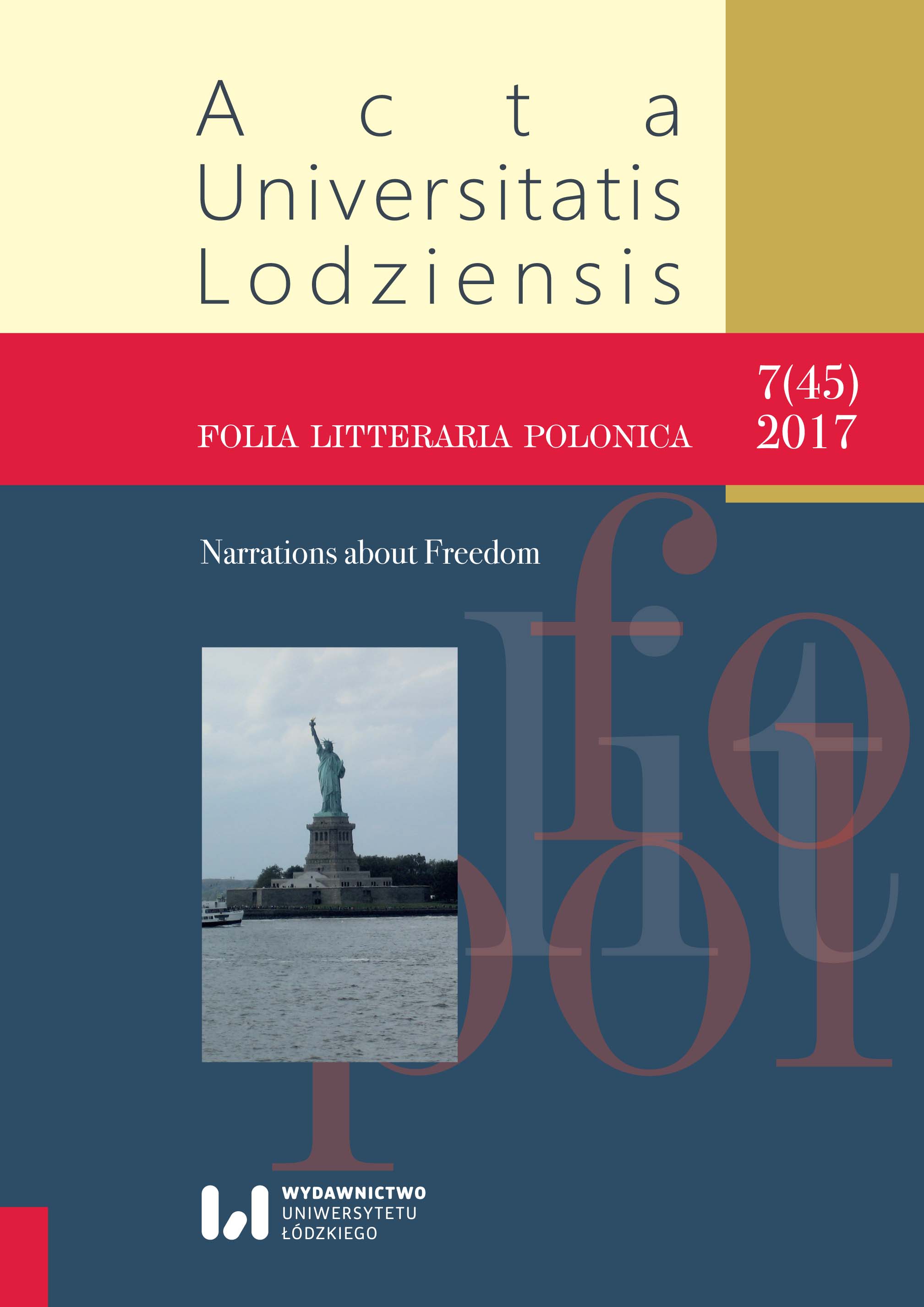A few remarks on the mechanisms of censorship in the PRL and the Third Republic of Poland
A few remarks on the mechanisms of censorship in the PRL and the Third Republic of Poland
Author(s): Jakub DąbrowskiSubject(s): Polish Literature, Theory of Literature
Published by: Wydawnictwo Uniwersytetu Łódzkiego
Keywords: censorship in communist countries; censorship in democratic states; freedom of expression
Summary/Abstract: The purpose of the paper is to discuss the mechanism of censorship before and after 1990 when the mission of the communist Chief Control Bureau for Press, Publications and Performances (GUKPPiW) was terminated. Communist censorship was not, as we have grown to perceive it, a case-based preventive control of the flow of ideas but a complex and continuous system of relations which shaped desired social actions. Institutional censorship only ensured the coherence of messages produced by self-censoring culture outlets: representatives of the media, scholars, writers, and artists. In my opinion the abolition of GUKPPiW was not some radical rupture, it seems that some of the mechanisms of censorship have a rather permanent nature, regardless of the political system. Moreover, even though institutional control over the discursive sphere was lifted, many informal relations of power have remained untouched. These dispersed power relations have been shaping Polish society’s view of the world for centuries deciding what is good or bad, nice or ugly, decent or indecent, Polish or non-Polish, and last but not least – expressible or inexpressible.
Journal: Acta Universitatis Lodziensis. Folia Litteraria Polonica
- Issue Year: 45/2017
- Issue No: 7
- Page Range: 209-224
- Page Count: 16
- Language: English

